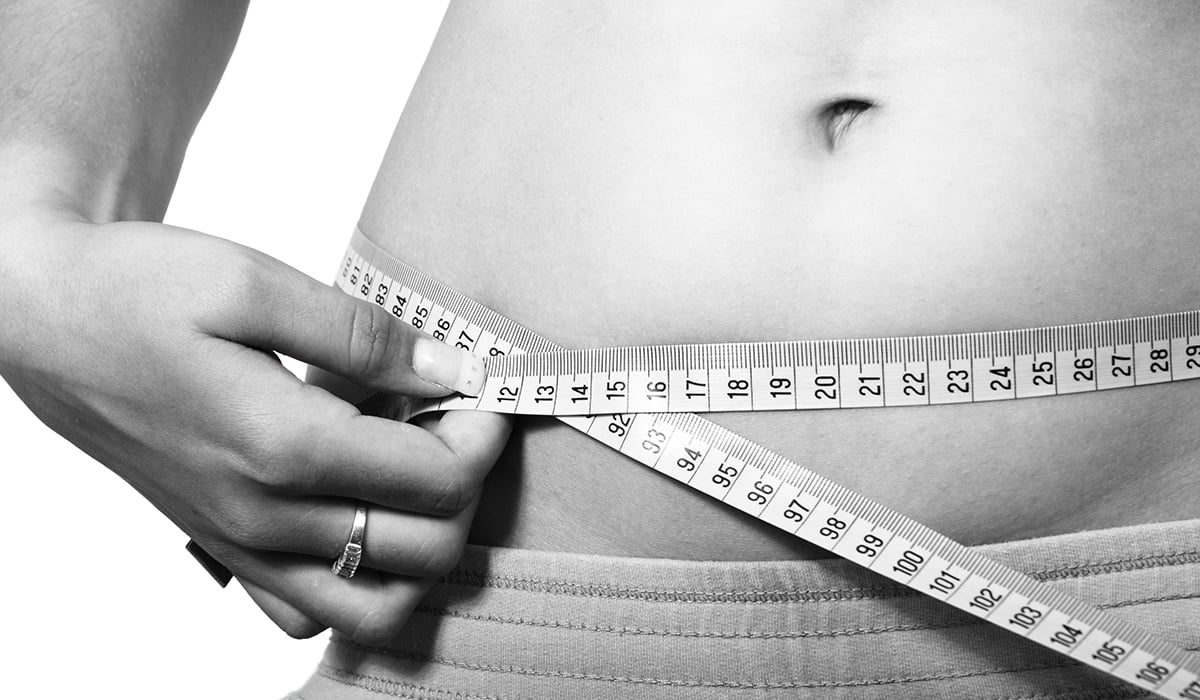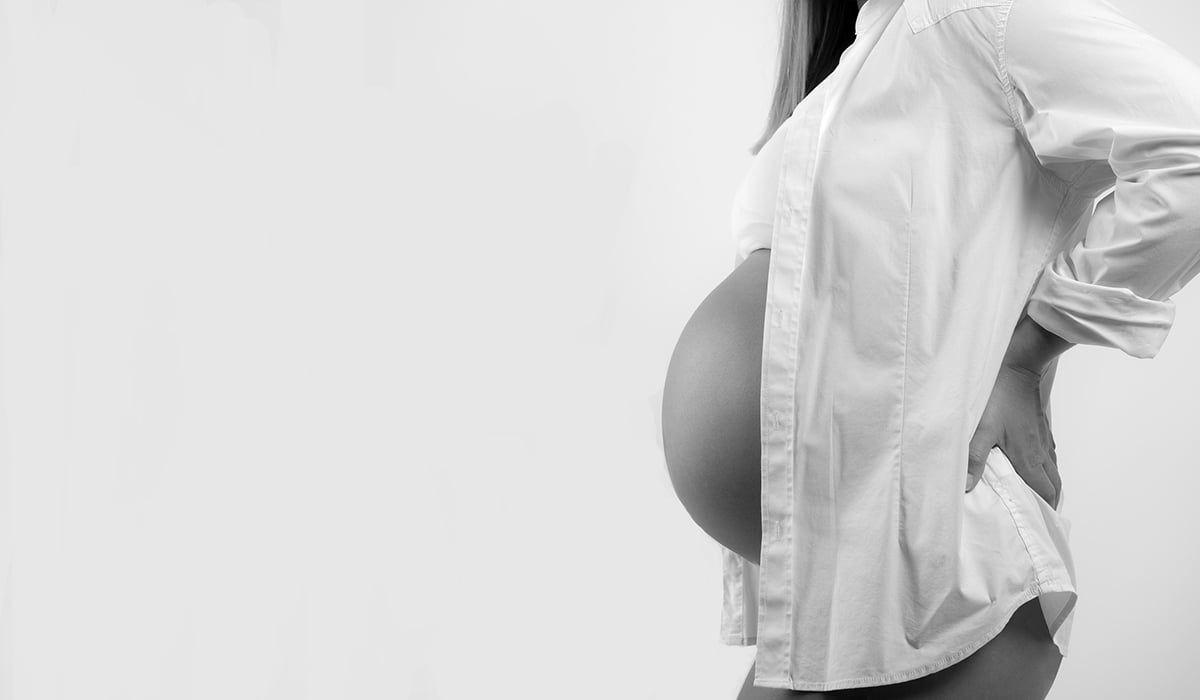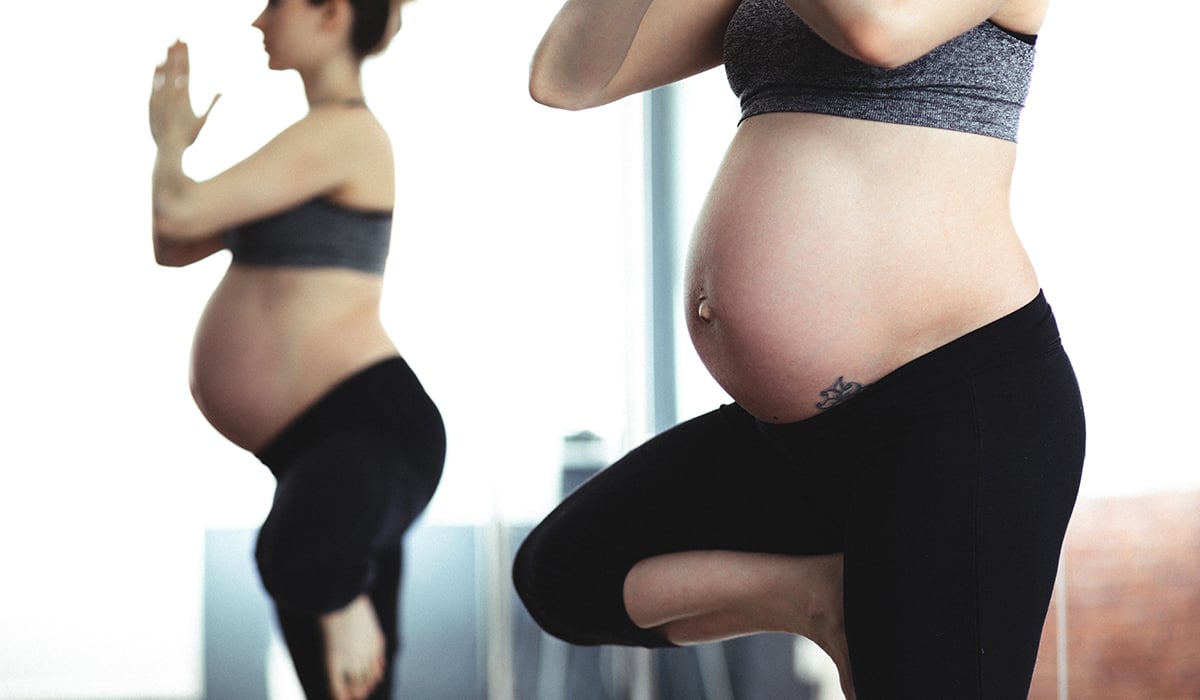Is There An Ideal Weight For Pregnancy? – Weight, Diet and Fertility
What is an ideal weight for pregnancy? Are there any restrictions? Female fertility may be affected by a vast variety of factors, some of which are quite well-known to the general public. However, there are also other factors in play that you may not be aware of, yet they could be crucial to your ability to conceive a baby. One of them is healthy body weight. It may seem unlikely that what you eat (and consequently, your weight) could impact on fertility. However, our bodies think that the optimal time to bear a child is when you’re lean and fit. As a result, being overweight could reduce your chances of getting pregnant.

Your Excessive Weight May Be Detrimental to Your Fertility
The human reproductive system is a smart mechanism. It relies on a lot of components to function properly. In women, it strongly depends on the adrenal system. It is also responsible for controlling metabolism and converting nutrition into energy. When the body experiences excessive stress and/or malnutrition, the brain decides that reproduction is not one of the key priorities. As a result, women may stop having their periods altogether. Since they don’t ovulate anymore, getting pregnant becomes impossible. This has a lower effect on modern lifestyle conditions. Most people are not exposed to wars or famine. Nevertheless, being underweight or overweight by as little as 5-10% could have a considerable impact on your chances of conceiving a baby.
Is There an Ideal Weight for Pregnancy?

It is hard to speak of ideal pregnancy weight. Yet, there are some guidelines and recommendations that you may want to stick with. It is advisable that you stay within your recommended body weight range. It can maximize your chances of successfully conceiving a child through having regular menstrual cycles and ovulation. If you need more information about your optimal body weight, you can use the BMI (body mass index). This technique will give you a rough estimate of how much you should weigh.
Bear in mind that BMI is not the perfect source of information about your ideal weight for pregnancy. BMI fails to take into account several important factors. Those are the body shape and the overall amount of muscle mass you have. For instance, having the apple body shape means that you are predisposed to certain health conditions. That can be diabetes and cardiovascular disorders. This happens due to relatively high amounts of abdominal fat even for individuals with normal body weight. Still, staying in the “normal” range is a good idea both for your reproductive and overall health. It helps promote regular menstrual and ovulation cycles even if you stimulate ovulation with special pharmaceuticals.
Taking this into account, you should aim for a BMI that lies between 18 and 25 kg/m2. If your BMI lies outside of the range, you might face higher risks. One of the pregnancy risks is miscarriages. Since abnormal body weight also interferes with ovulatory cycles, you may experience trouble getting pregnant. Also, women who are overweight or obese are more likely to have poor quality eggs. It hinders proper embryo development.
You Can Solve Fertility Problems with a Simple Diet Change
According to extensive research, women who have fertility problems are more likely to have unhealthy dietary habits than women who are fertile. Sometimes these habits don’t have a significant impact on overall reproductive health. They can easily be changed. Still, in some cases, women require additional diet supplements to compensate for the macro- and micronutrient imbalance in their bodies.
On the other hand, women who are extremely obese often suffer from serious nutrient deficiencies which are more difficult to correct. In such cases, nutrition counseling and profound lifestyle changes may help. Yet, such changes require long-term effort and commitment. Unfortunately, many women are simply not aware of the dangers that obesity poses for themselves and their babies during and after pregnancy. In addition, this category of mothers is often affected by weight retention after giving birth. According to recent estimates, as much as 50% of all women don’t lose the weight they gain during pregnancy.
Ideal Weight for Pregnancy Depends on Exercising

If you are hoping to conceive a baby or are already pregnant, you might benefit from consulting a professional dietician. A specialist can analyze your eating habits and point out the changes you can make. It will ensure maximum health for yourself and your baby. Also, you may want to discuss your exercising regimen with a physician. Regular physical activity has an impact on menstrual cycles, and in some cases, on fertility. You may need to work out an individual training plan. It can be not too intense and not interfere with your periods and fertility.
As you can see, your overall health and lifestyle have a significant impact on your fertility. This may be frustrating if your current lifestyle choices are not exactly healthy. However, you can make a powerful change for the better happen by working on them – developing healthier eating habits solves the infertility problem for some women. Even if you need fertility treatment to get pregnant, you will still benefit from an overall healthier lifestyle in the long run. If you embark on the journey towards a healthier life together with your romantic partner, it can grow into a great bonding experience for both of you. What’s more, making healthy dietary changes is also known to have a positive impact on male fertility, so you’ll be working as a team towards your ultimate goal of having a baby.
Ideal Weight for Pregnancy – Final Words
We are aware that your overall health is an important indicator of your reproductive health and fertility. That`s why, we offer our patients the opportunity to work with professional physicians, dieticians, and mental health experts to ensure that they are maximizing their fertility. Taking care of your psychological health often eliminates the barriers that stand between you and healthy eating habits, so don’t neglect any mental health concerns you may have. You can always discuss them with our professional healthcare providers and use their help to embark on a journey towards health and get your ideal weight for pregnancy!